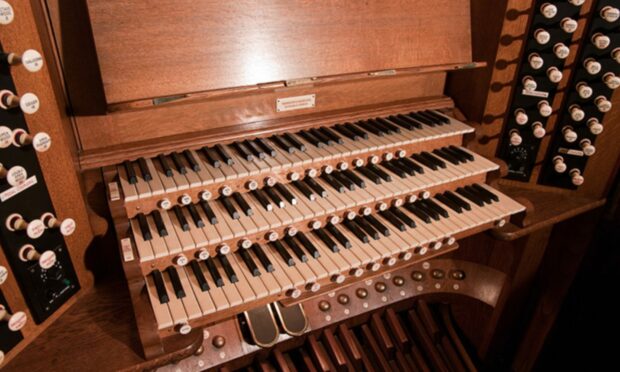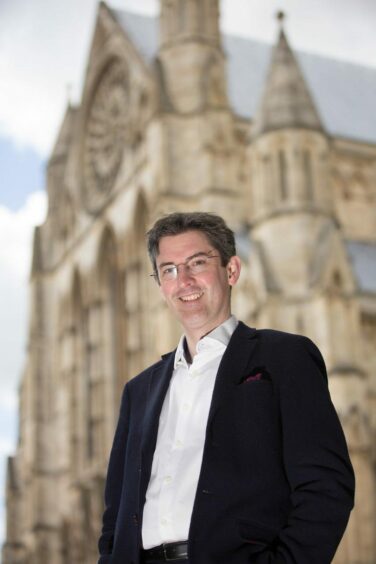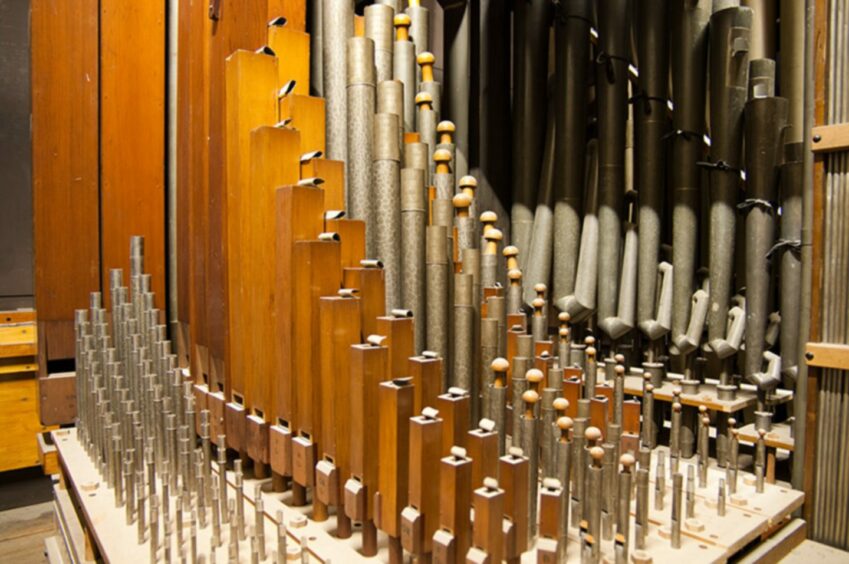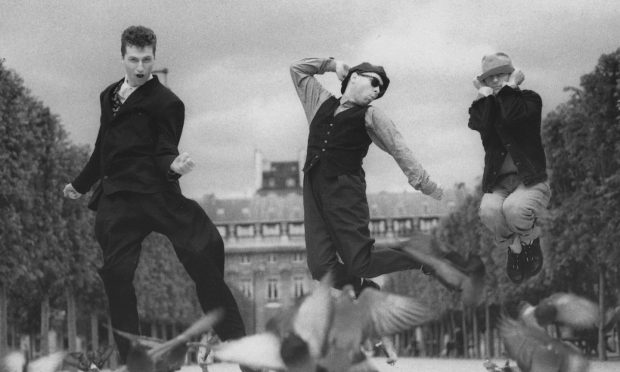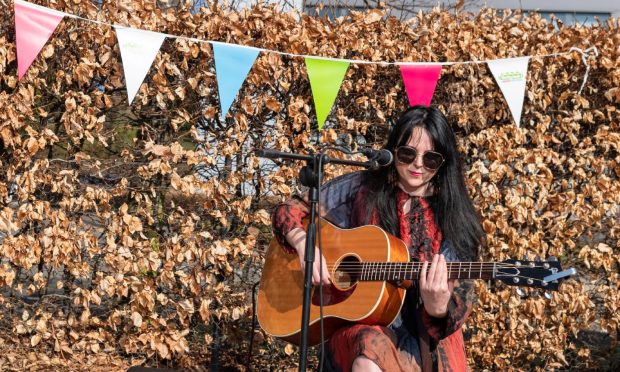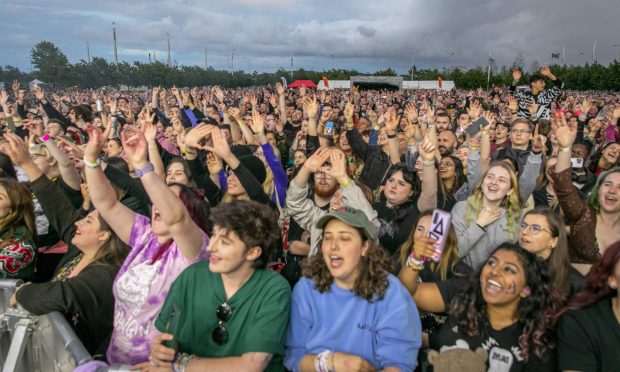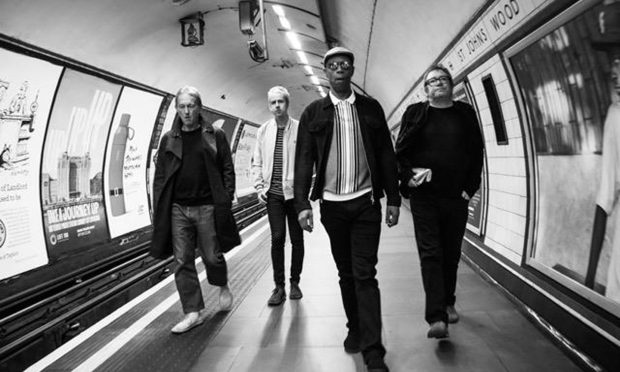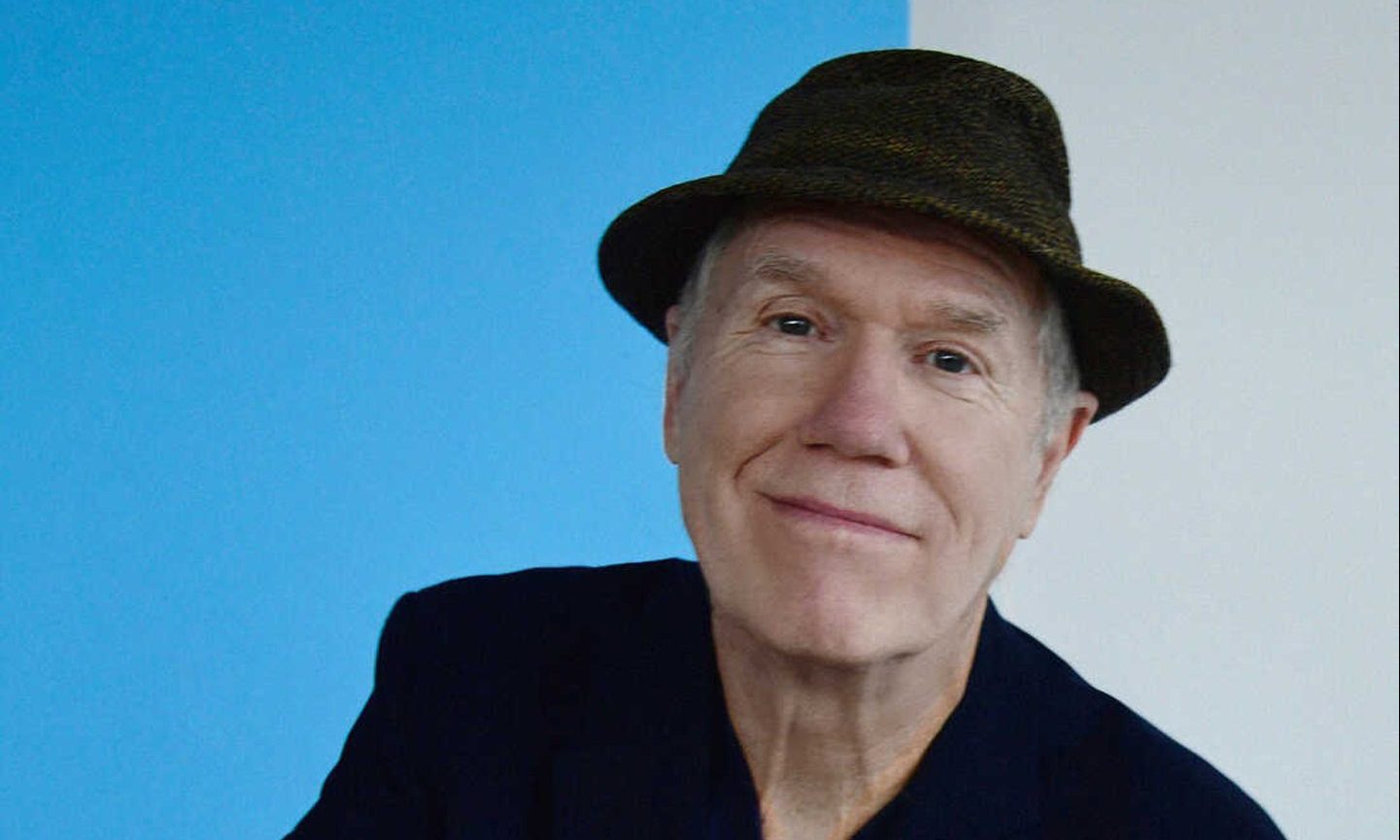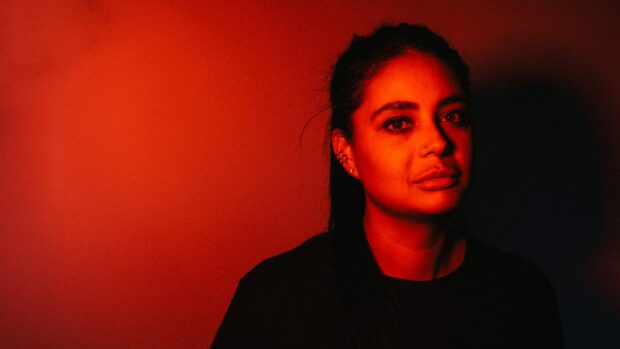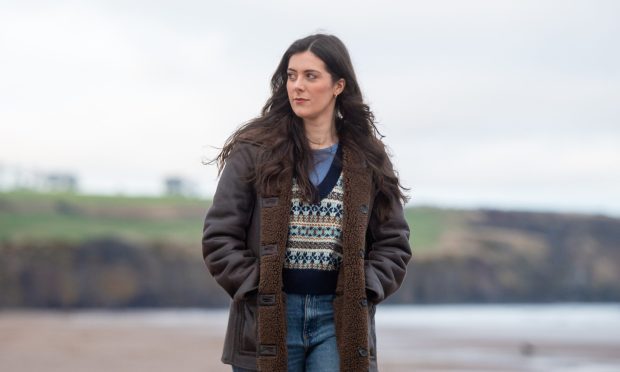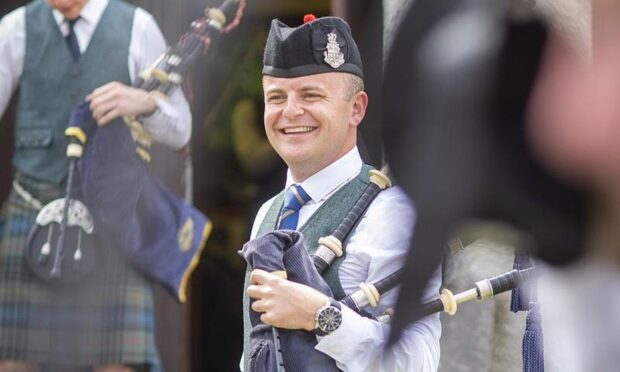Imagine an artist with a palette of 50 different colours. Then imagine the thousands of colours he or she could make by mixing them.
Concert organists have the same scope but instead of using colours they use stops, and can make a myriad of sounds by adding, mixing or interweaving.
Tuesday night’s recitalist in the Caird Hall, Robert Sharpe, epitomised just what can be made of the Harrison and Harrison organ and the full range of sound – from pianissimo to treble forte – that can come from a “palette” of 50 stops and thousands of pipes.
A bit too much?
However, was there a touch of over-exuberance in his imaginative use of registration?
I found that to be the case in the Edward Bairstow E flat sonata and the Francis Jackson Toccata, Choral and Fugue.
These composers followed a York Minster theme – Sharpe is the latest custodian of the Minster’s magnificent organ and these worthies are just two of his illustrious predecessors – but neither works set the heather on fire for me.
Perhaps the works dictated a rapid change of registration, but I found it too much.
Not all a negative vibe, as the Jackson piece, the outer movements especially, did generate some vibrancy and explosive colour.
Before these works Robert had commenced his programme with one of the great works of the organ repertoire, JS Bach’s Passacaglia and Fugue.
I knew what Bach did to a fairly modest melody – it’s a composition of pure genius – but I was eager to see what Robert had in mind in terms of stop selection.
Magnificent choice
I thought his choice was magnificent, from the soft pedal bass opening throughout the work as Bach elaborates with Sharpe responding in kind.
A lovely soft chorale prelude by Ethyl Smyth, whose life paralleled that of Bairstow’s but which was not nearly as lauded, paved the way for Robert’s finale.
And he made no bones about ending on a cinematic-like organ showpiece. Eric Coates’ Knightsbridge March has been heard many times, but not quite like Robert’s arrangement as he showed how the Caird Hall organ can turn its hand to any form or mood. It certainly left you with a spring in your step!
This was the last of the series of organ recitals, but all is not lost. The organ can be heard on November 11 when Richard Hills improvises accompaniment to a silent movie classic, Harold Llyod’s comedy Speedy.
Any chance to hear this magnificent organ should be seized upon.
